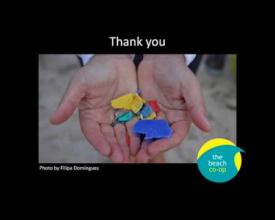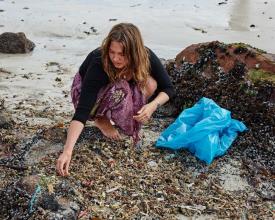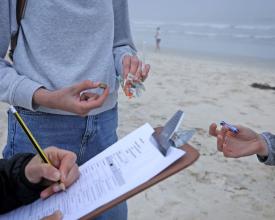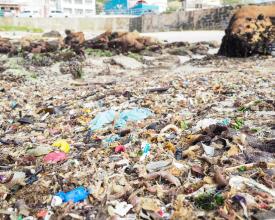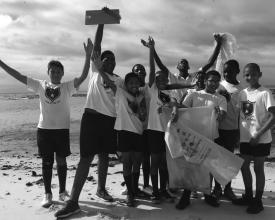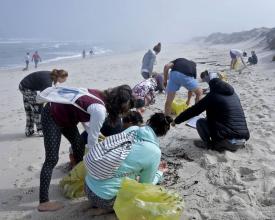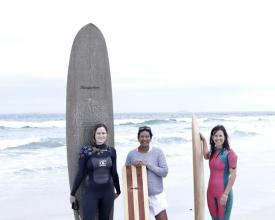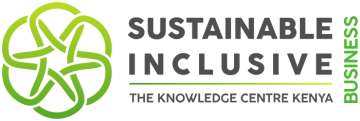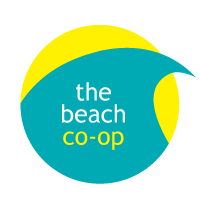
Dirty Dozen: A methodology for tracking 12 types of common plastic found on beaches in Cape town
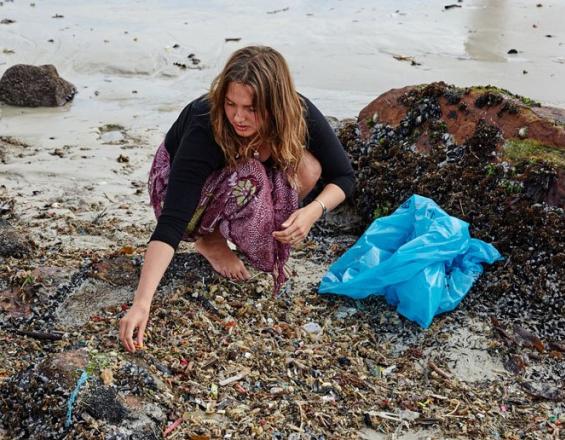
The Beach Cooperative (Co-op) began in 2015 when a group of volunteers started meeting every new moon to collect marine debris at our local surf break – the rocky shore at Surfers Corner in Muizenberg, Western Cape, Cape Town. The Dirty Dozen + Program offers a simple way to contribute useful data while also making a difference in terms of cleaning beaches. The Dirty Dozen are 12 types of litter selected to track different sources of marine litter. The protocol is led by a leader of the beach clean-up who must brief scribes on how to capture the data and the people involved in the clean-up must be aware of the 12 types of plastics. The collectors must call out and bag any of the 12 items as espoused in the methodology. The leadership provides general information about the beach i.e. the length of the beach (GPRs) as well as total items of the number collected. The totals are collated and the impact shared after the clean-up. The methodology also accommodates other items that are not the dozen list.
Context
Challenges addressed
- Inadequate finances to fully engage in massive beach clean-ups as well as catalyze public awareness on the importance of waste management at the beach.
- Slow pace for brands transitioning to plastic alternatives as some companies see as eating into their bottom line.
- Lack of consensus among different stakeholders to transition from linear to circular economy i.e. definition of circular economy, lack of technical assistance services.
- Inadequate business support services to assist integrate the principles of circularity in their brands and offerings.
- Insufficient funding to roll out awareness campaigns among communities on the value of dirty dozen methodology as well as the importance of waste segregation at source.
.
Location
Process
Summary of the process
The Beach Co-op uses creative and science-based communication and events to raise awareness and support communities in acting for change, including, developing innovative projects that streamline partnerships and citizen action to clean and protect beaches. Also, development of platforms and campaigns to ensure continuity of beach clean-ups.
Also, through the creation of partnerships The Beach Co-op have deepened the relationship with existing partners and formed 14 new partners within the last two years. It was a fact of paramount importance.
Building Blocks
Multi-sectoral partnerships
Life systems are connected across geo-political and social boundaries. The Beach Co-op works within a global understanding of environmental and social opportunities and challenges but acts at the local and national level to address them.
Enabling factors
Creating partnerships that scale the impact of dirty dozen work. Through partnerships, The Beach Co-op have deepened the relationship with existing partners and formed 14 new partners within the last two years
Lesson learned
- Conducting immersive workshops have helped strengthened our collaboration as well as cascaded the methodology for usage and application by other organization
- Holding trash bashes, regular beach clean-ups have helped our partners own the journey of cleaning beaches as well as integrating methodological monitoring of plastic waste on beaches
Creative science based education
People learn best through meaningful and fun experiences linked to evidence-based information that supports them to take action on plastic waste beach management.
Enabling factors
- Young people being the heart of sustainable development must be capacitated and supported to be the best version of themselves and make the change they want to see
- Development of a mobile application to assist in beach clean-up to ensure that marine plastics have been removed from beaches in the cape of South Africa.
- Pioneering the dirty dozen clean methodology to streamline monitoring and evaluation of marine plastic litter as well developing strategies in conducting beach clean-ups
Lesson learned
- Enhance the capacities of community members to be agents of change by empowering them with tools, knowledge, and resources to become change agents
- A multidisciplinary approach must be employed when dealing with hardliners to ensure they are won over or facilitated to have a paradigm shift on the transition to a circular economy
- Outreach and awareness are paramount to reach people with the right messages on streamlining circularity, upcycling on the development
Community Initiatives
Working with and for communities in beach clean-ups as well as mobilizing community members to be agents of change as well as enhancing the capacities of members in dirty dozen methodology
Enabling factors
- Young people being the heart of sustainable development must be capacitated and supported to be the best version of themselves and make the change they want to see
- Amplifying the work of community members in the media has enabled build confidence and urgency among young people to be the push of beach clean-ups as well as an educational awareness campaign
- Engaging community members as researchers in plastic waste management data collection has strengthened participatory development as well as cascaded knowledge pf plastics to community members
Lesson learned
- Invest in community structures and work from bottom-up approaches as well as working with community structures to mainstream sustainable plastic waste management as well as beach clean-ups
- Work with brands to come up with an alternative to plastic packaging as well providing technical assistance to companies to transition.
Impacts
- Conducted and disseminated research on various issues i.e. Waste management best practices focused on single-use plastics in the Southern African hospitality sector, Understanding consumer plastic bag behaviour.
- Pioneering 59 beach clean-up campaigns, that has led to the collection of over 6 tons of plastic waste being collected.
- Raised the profile of women as anti-pollution champions by having an all-female board including enhancing the capacities of women to be anti-plastic campaigners i.e competitions.
- Helped change one government regulation on Cape Town’s tidal pool by reviewing the cleaning protocols and incorporating a more sustainable process of cleaning such pools.
- Mentored and coached two businesses (Fast food and Pick n Pay) to shift to more sustainable plastic procurement practices as well as developing sustainable business models in line circular economy.
- Launched the Dirty Dozen Clean-up™ mobile app on the Marine Debris Tracker platform enabling people to collect plastic waste and log the Dirty Dozen data whenever they visit their local beach.
- Conducted 12 New Moon Beach Clean-ups that bring together surfers, beach lovers, local businesses, scientists, and people who love nature.
- Reached over 100 young people- by enhancing the capacities of young people (ways of change) as beach clean-up change agents including being anti-plastic champions.
Beneficiaries
- Youth groups benefitted from training on the dirty dozen methodology.
- Cape Town council as a result of clean beaches.
- Tourist hotels benefitted from the clean beaches.
- Fast food and Pick n Pay transitioned to circular business models.
Sustainable Development Goals
Story
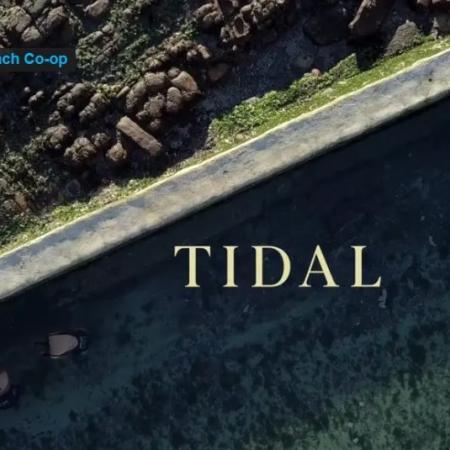
We are so excited about the release of this documentary – take a deep breath – it will only be out on the 26th October and to a closed audience…but we are working on screening it to a broader audience, so stay tuned. The documentary follows Lisa Beasley’s journey after a horrific accident encourages her to return to the ocean. Reigniting her love for the ocean, Lisa becomes a guardian of the marine life in the tidal pools – and as she saves the life in the ocean, the ocean aids in her recovery. It is in these tidal pools that Aaniyah Omardien and Lisa meet for the first time. At the time, Aaniyah is way too pregnant to keep lying on her belly to paddle and surf her local break at Muizenberg, and so she begins snorkeling and free diving with Lisa. It is winter but that does not hold them back, the pool is full of life and wonder… but as summer arrives, that same life comes under threat. Together with many other passionate people Aaniyah and Lisa work with the City of Cape Town to protect the wonderful marine life in these pools. We look forward to sharing Lisa’s story with you – she is an inspiration and we are stoked to have her on our team! The documentary forms part of the UCT Honours students’ final project for their year studying documentary film production. This particular documentary is shot and edited by Michael Carter, directed by Trygve Heide and produced by Leila Kidson.
